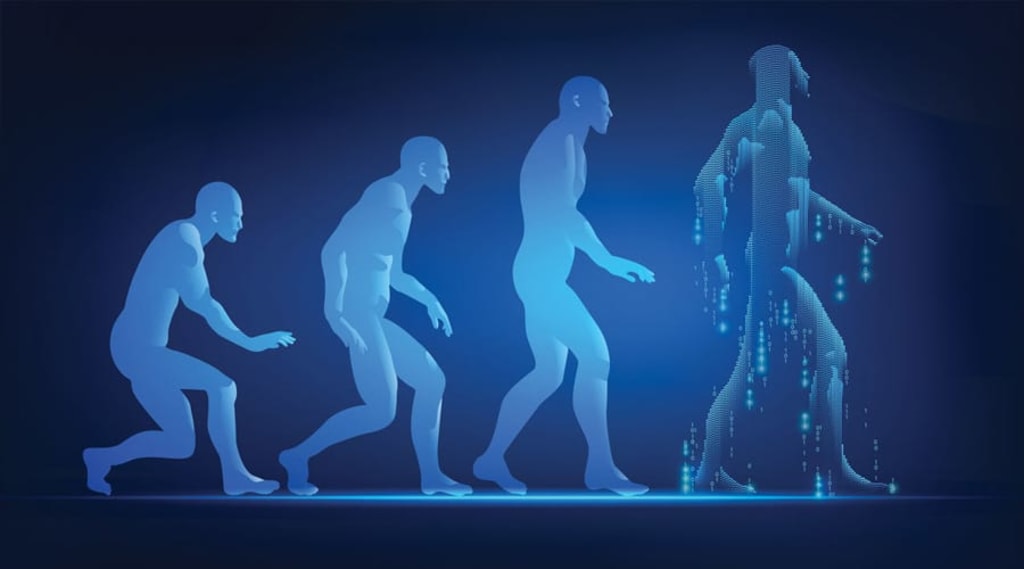
In the year 2150, humanity had made incredible advancements, both technologically and socially. Earth had transformed into a global community, with countries and borders becoming a thing of the past. The world was united under a single governing body known as the United Federation of Earth (UFE). With the advent of advanced artificial intelligence and renewable energy sources, humanity had overcome many of its previous challenges and was now focused on exploring the vastness of the universe.
Space exploration had become the pinnacle of human ambition. A network of space stations and colonies spanned the solar system, with humans venturing farther into the cosmos with each passing year. Mars had been successfully terraformed, providing a new home for millions of people. Beyond Mars, missions were underway to explore the moons of Jupiter and Saturn, seeking signs of extraterrestrial life.
In this future world, technology had become an integral part of everyday life. Virtual reality was no longer confined to headsets; it was seamlessly integrated into the environment. Holographic displays and augmented reality interfaces were commonplace, allowing individuals to interact with information and digital entities effortlessly. Communication had evolved to instant neural connections, enabling people to share thoughts, ideas, and emotions directly.
However, with great technological progress came ethical dilemmas. As AI systems became more advanced, questions arose about their role in society. Laws and regulations were established to ensure the responsible development and use of AI. People became increasingly aware of the need to balance technological advancements with moral considerations, emphasizing the importance of preserving human values and dignity.
Amidst these advancements, humanity never forgot the significance of environmental sustainability. With the threat of climate change looming over previous generations, a global commitment to renewable energy and conservation had saved the planet from further destruction. The Earth had healed, with thriving ecosystems and green cities powered by clean energy sources. People had a deep respect for nature and its interconnectedness with their own well-being.
Socially, humanity had evolved as well. Discrimination based on race, gender, and sexuality had largely been eradicated. People valued diversity and celebrated the richness it brought to their lives. Education was prioritized, and access to knowledge was universal, enabling individuals to pursue their passions and contribute to the betterment of society. Healthcare had made incredible strides, with breakthroughs in genetic engineering and personalized medicine, significantly extending human lifespan.
However, challenges persisted. The quest for knowledge and exploration of the unknown pushed the boundaries of human existence. Ethical debates arose concerning the nature of consciousness and the definition of life. Philosophers and scientists grappled with questions about the implications of advanced AI, the boundaries of human augmentation, and the exploration of distant galaxies. Society had to navigate these uncharted territories with wisdom and foresight.
In this future, humanity had reached a level of maturity, where collective well-being and progress were valued above individual gains. Cooperation and collaboration were central to addressing global challenges. Earth had become a peaceful planet, free from wars and conflicts, as humanity had learned from the mistakes of its past.
As humans ventured further into space, they carried the values and aspirations of their home planet with them. The future of humanity was not limited to Earth; it was an interstellar future, where humans sought to understand the mysteries of the universe and connect with other intelligent beings. They aimed to create a harmonious and prosperous future for all, leaving a legacy that would endure for millennia to come.
The future of humanity is full of possibilities, but it is also full of challenges. We will need to use our ingenuity and our cooperation to create a better future for ourselves and for our planet.






Comments
There are no comments for this story
Be the first to respond and start the conversation.